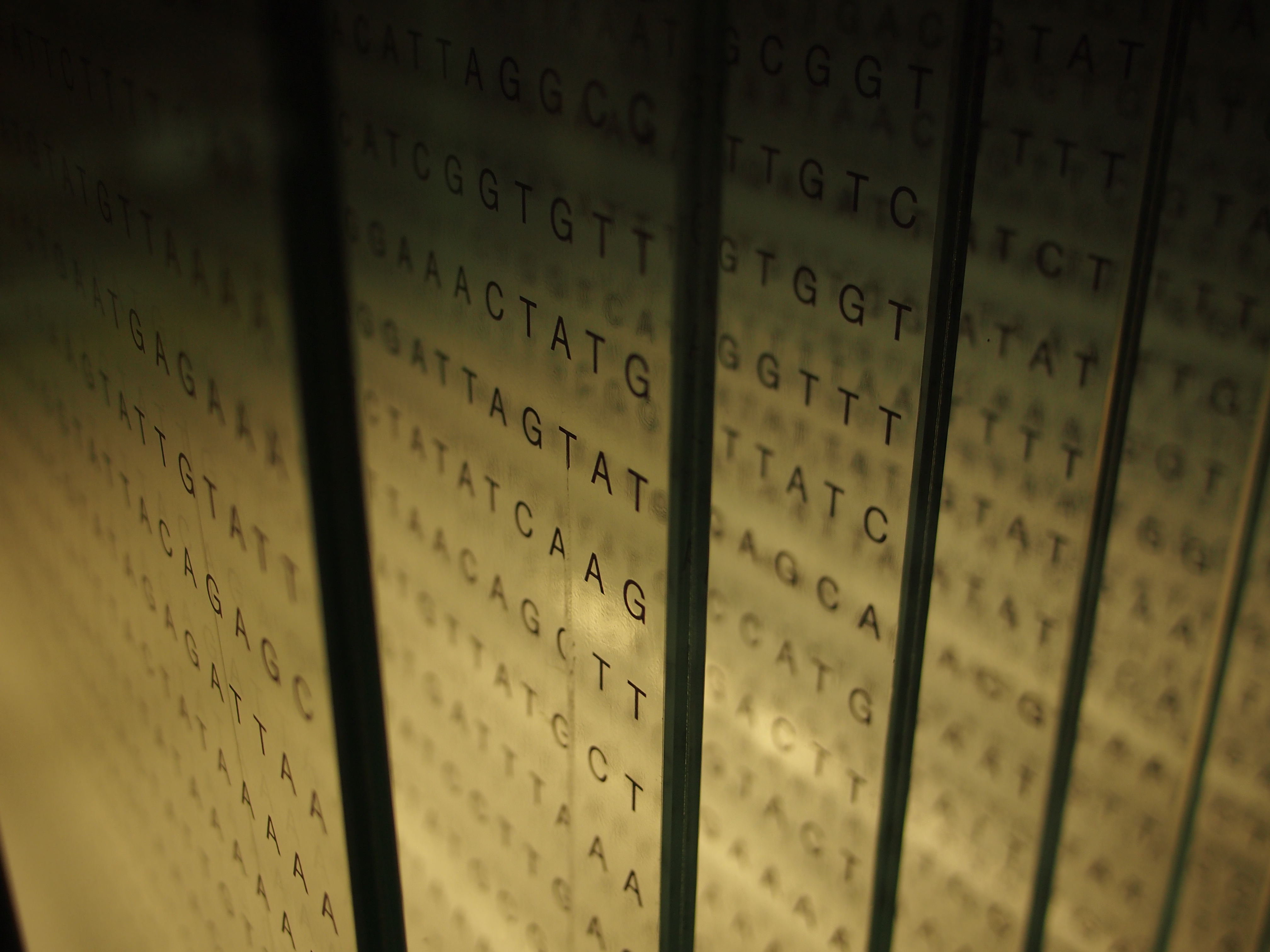In healthy patients, genome sequencing raises alarms while offering few benefits
By Sharon Begley,
STAT
| 06. 26. 2017
For all the promises of genomics ushering in a new era in medicine, with scientists regularly urging people to get their DNA sequenced, it appears that the revolution will be postponed: A first-of-its-kind study published Monday found that most of the adults who underwent genome sequencing and were told they had a disease-causing DNA variant did not in fact have that disease. And few of them got information that improved their health.
The pilot study, in the Annals of Internal Medicine, found that 11 out of 50 volunteers (aged 41 to 68) who had their genome sequenced were told they had a mutation that definitely or possibly causes a particular disease, ranging from pituitary thyroid insufficiency to the rare cardiovascular disorder Romano-Ward syndrome. Yet only 2 of the 11 actually had the disease, which in every case should have appeared by adulthood.
“We were surprised” by the high incidence of disease-causing mutations, said Dr. Jason Vassy, of Brigham and Women’s Hospital in Boston, the study’s lead author. “But we were surprised even more” by how few people with “disease-causing mutations” had...
Related Articles
By Diaa Hadid and Shweta Desai, NPR | 01.29.2026
MUMBRA, India — The afternoon sun shines on the woman in a commuter-town café, highlighting her almond-shaped eyes and pale skin, a look often sought after by couples who need an egg to have a baby.
"I have good eggs,"...
By Roni Caryn Rabin, The New York Times | 01.22.2026
The National Institutes of Health said on Thursday it is ending support for all research that makes use of human fetal tissue, eliminating funding for projects both within and outside of the agency.
A ban instituted in June 2019 by...
By Mike McIntire, The New York Times | 01.24.2026
Genetic researchers were seeking children for an ambitious, federally funded project to track brain development — a study that they told families could yield invaluable discoveries about DNA’s impact on behavior and disease.
They also promised that the children’s sensitive...
By Phil Galewitz, NPR | 01.20.2026
Serenity Cole enjoyed Christmas last month relaxing with her family near her St. Louis home, making crafts and visiting friends.
It was a contrast to how Cole, 18, spent part of the 2024 holiday season. She was in the hospital...




